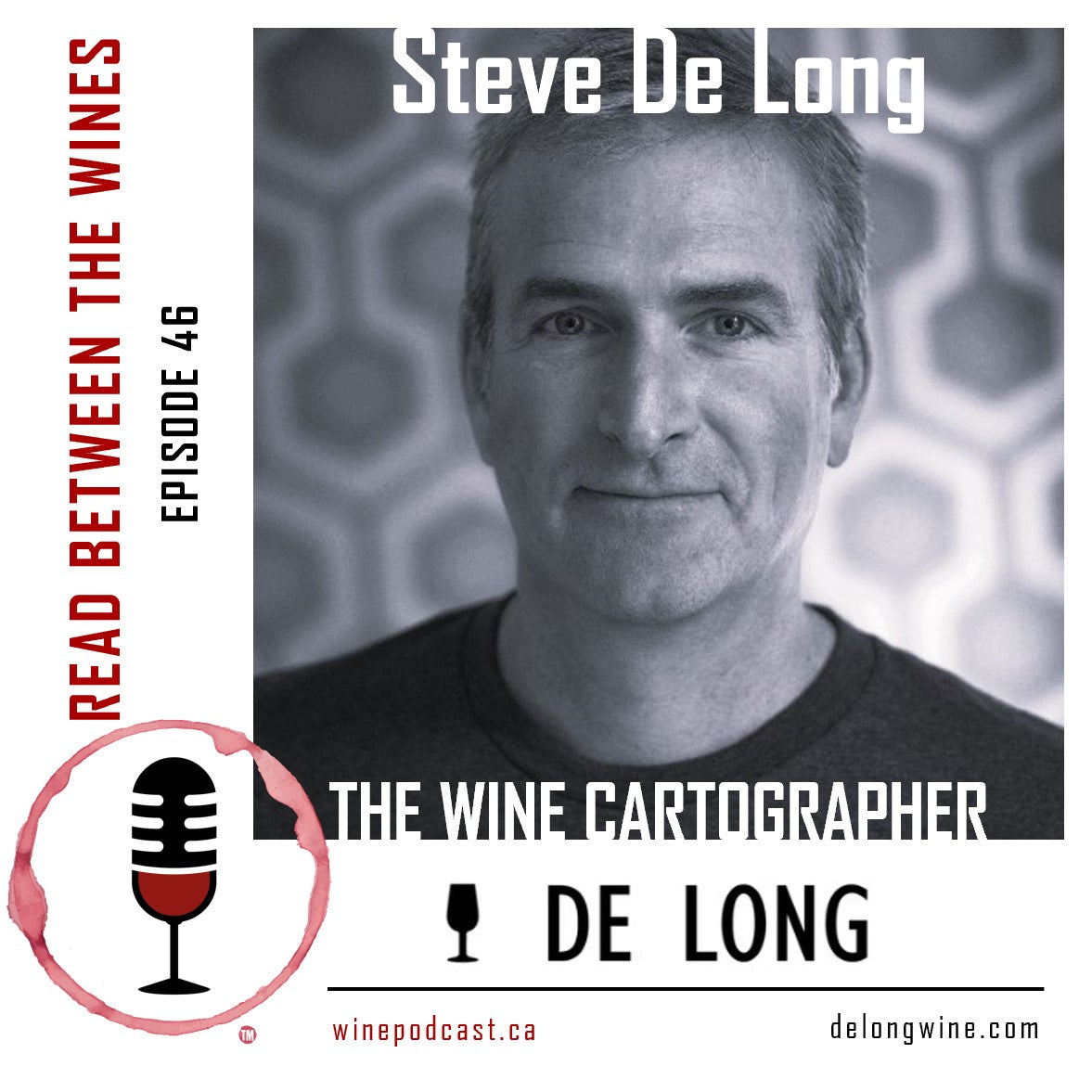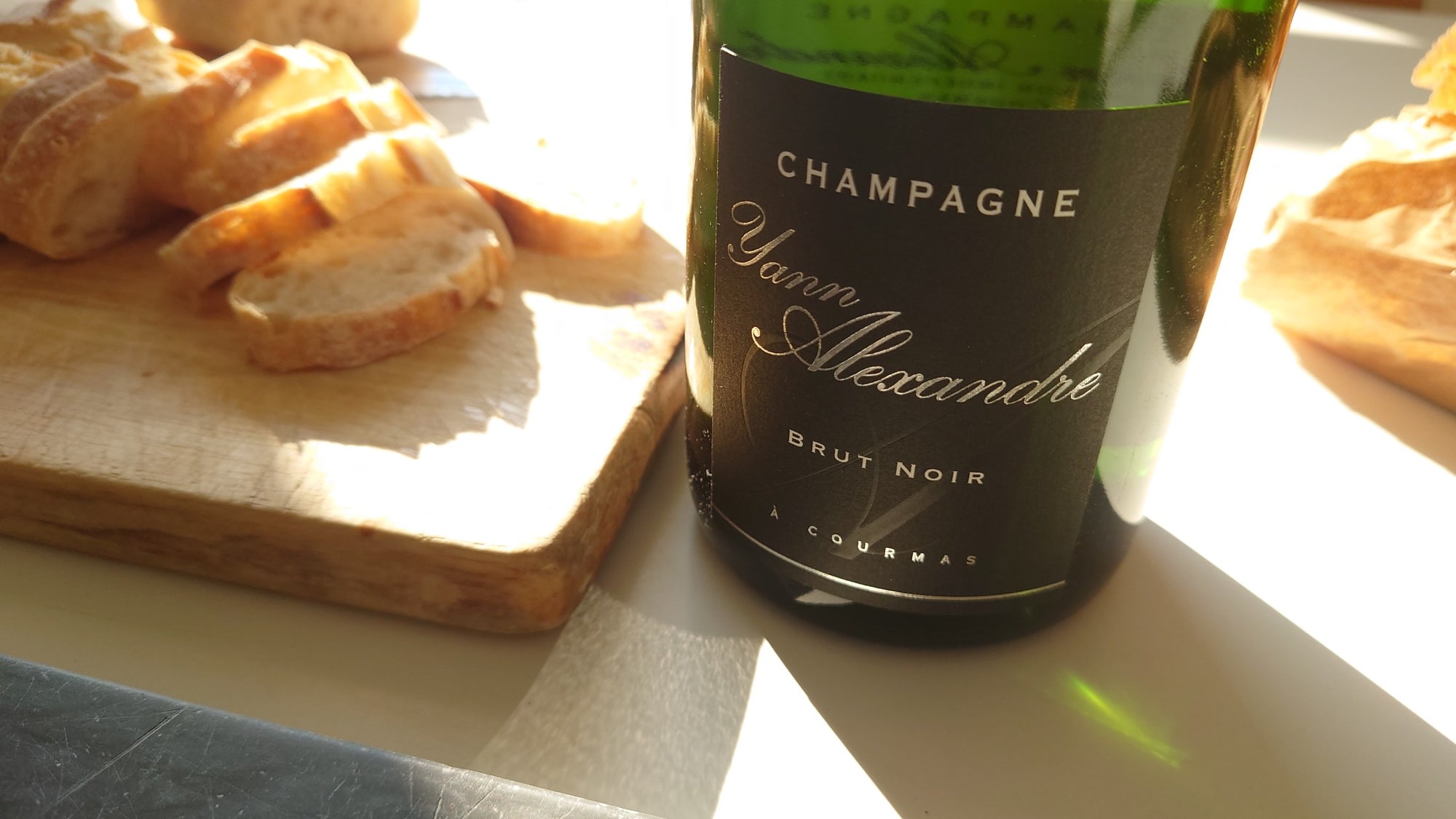
This is my presentation from the Blind Tasting and Point Scores Panel at the 2012 EWBC. On recent trip to Etna, I learned that you can take blind tasting a step further. One of their most influential and famous wine makers believes that you can actually identify a wine by the sound it makes being poured in the glass; that every wine has a unique sound. But blind tasting is difficult enough. If you participated in the blind tasting at the BYOB then you know what I’m talking about. Of the 33 people who tried, only 6 were able to guess the country and either a grape variety in the wine or the vintage as well. Congratulations to the top tasters: Elisabetta Tosi, Nöel Pusch, Agnes Nemeth, Robert Joseph, Jamie Goode and Oscar Quevedo.
It’s just extremely difficult to do well and I know of no one who claims that they are good at it. Except for one person: the great American wine critic Robert Parker. He claims to remember every single wine that he has ever tasted. And he tastes blind. And he’s tasted a lot of wine. I don’t know about you, but this sounds like either the ranting of a crazy person or the insecurity of of a man with a very small penis.
About 10 years ago, before there were many wine blogs or facebook or twitter – ancient times – the way people discussed wines online was through forums. Forums still exist but then they were populated mainly by men with a banter that resembled locker room towel snapping fights. It seemed that the online diet of the wine geek at the time consisted of: 40% are point scores bullshit or not? 40% is Robert Parker bullshit or not? 20% actual discussion about wine Fortunately the online wine world has dramatically evolved from this Paleolithic period. There’s a lot more written about wine and much less towel snapping. And not much discussion about point scales. Did everyone get bored with point scales? It doesn’t seem that we got bored but rather acquiesced to them. Everyone just seems to use them now. Even amateur wine enthusiasts on Cellartracker.com feel compelled to assign a score on the 100pt scale.
40% is Robert Parker bullshit or not? 20% actual discussion about wine Fortunately the online wine world has dramatically evolved from this Paleolithic period. There’s a lot more written about wine and much less towel snapping. And not much discussion about point scales. Did everyone get bored with point scales? It doesn’t seem that we got bored but rather acquiesced to them. Everyone just seems to use them now. Even amateur wine enthusiasts on Cellartracker.com feel compelled to assign a score on the 100pt scale.
Points just seem to be necessary shorthand to describe a wine. But are they? And more importantly, does anyone really care about them outside of the wine world? A 2007 study by the University of South Australia looked at the factors that influenced wine buying decisions in the UK: 1. Tasted wine previously 2. Someone recommended it personally 3. Origin of the wine (country or region) 4. Information on the back label 5. Brand name 6. I read about it 7. Grape variety 8. Matching food 9. Information on the shelf 10. Promotional display in-store 11. Medal/award 12. An attractive front label 13. Alcohol level below 13% The places were point scores could come directly into play in the decision are fairly low on the list: at number 6 ‘I read about it’ and number 9 ‘Information on the shelf’. So it seems that most consumers don’t really pay attention to scores. 
OK, that was for the UK. I couldn’t find any similar metrics for the US but I’m not naïve about the impact that they have there. I have a brother-in-law who’s a doctor. One day he told me that he and his friends had figured out wine. The secret is to only buy 90+ point wines and ignore the rest. He thought that this was genius until I pointed out that he will be missing out on a huge number of excellent wines. To help make the case, I had him try some wines that either score less than 90 or are not rated at all. He quickly saw the folly of his ways. A better wine buying strategy that he uses now is to buy from good local shops that give good recommendations.
Still, wine point systems seem to get more pervasive as more people use point systems – in a self perpetuating way. Is this some sort of collective insanity? The whole thing is like a house of cards built on the flimsy foundation of blind tasting. Something that nobody does well. And something that most consumers don’t really care about. So why bother?


Comments
I do think there is a backlash against the way that scores have become more important than anything else about the wine for some people and the Natural wine movement is in part a reaction to making wines to flatter the influential critics.
However, as the world of wine becomes even more complex, with new grape varieties being planted in new regions and new terms being coined to describe wine categories, the consumer needs something to grab hold of and a single number is a pretty nice handle. Certainly easier than learning all those appellations, vintages and producer names. You converted your brother-in-law but thousands more rely on annual guides listing thousands of wine scores.
I recommend your alternative – finding a reliable wine merchant. But not everyone has that luxury. Millions of Brits live in wine wastelands where supermarkets and off-licenses rule the turf. What can we do to bring wine enlightenment to those people?
Hi Jonathan,
Thanks for the comment. In the US, it’s even worse because of state liquor laws and limited distribution of all but the major brands in some states. To live in Nebraska and think that you reasonably pursue an interest in wine is unfortunately not going to happen.
At least in the UK there are many online merchants that can provide pretty much any wine available. Still, I know it’s a leap for most people to buy a product online that ostensibly should be stocked in their local store, be it a supermarket or off-licence.
Really nicely written and thought out piece my friend.
Honestly, not a big fan of blind tastings. Amazing tasters are like xgame athletes— highly skilled and trained but somewhat irrelevant to the rest of us. I usually pass at the opportunity but admit, it’s an interesting challenge when I do participate.
Re: scores. They are just brilliant and a panacea for the market just a really bad thing for the wine industry and the consumer as a whole.
I’ve made a promise to myself after the hot debate and ire that discussions over my Natural Wine piece to not participate in Euro centric discussions. My point of view from the US side is somewhat irrelevant to the discussion of what goes on in Europe.
Trust that all is well with you and that you have a great holiday season!
Hi Arnold,
Thanks so much for the kind words. It was amazing to see Justin Howard-Sneyd nail all three wines at the panel blind tasting. But he made some very good points about the subject: 1. Blind tasting is great for assessing wines but not for selling them. 2. To be a good assessor of wines, in terms of blind tasting, it’s more important to be consistent than have a talent for spotting wines blind.
Completely agree about scores – something that was useful at first but ultimately a bad idea that everyone’s locking into. Like the qwerty keyboard.
I still don’t completely understand why there is a “debate” surrounding natural wine – your Natural Wine article was great. going back for a re-read.
Happy holidays to you as well Arnold! – look me up if you’re in London.
I will certainly look you up. There is May for RAW for certain, maybe sooner for a client.
Was a pleasure geting to know you and you are one of the few people in the European wine market that have much of an understanding or appreciation for the US market.